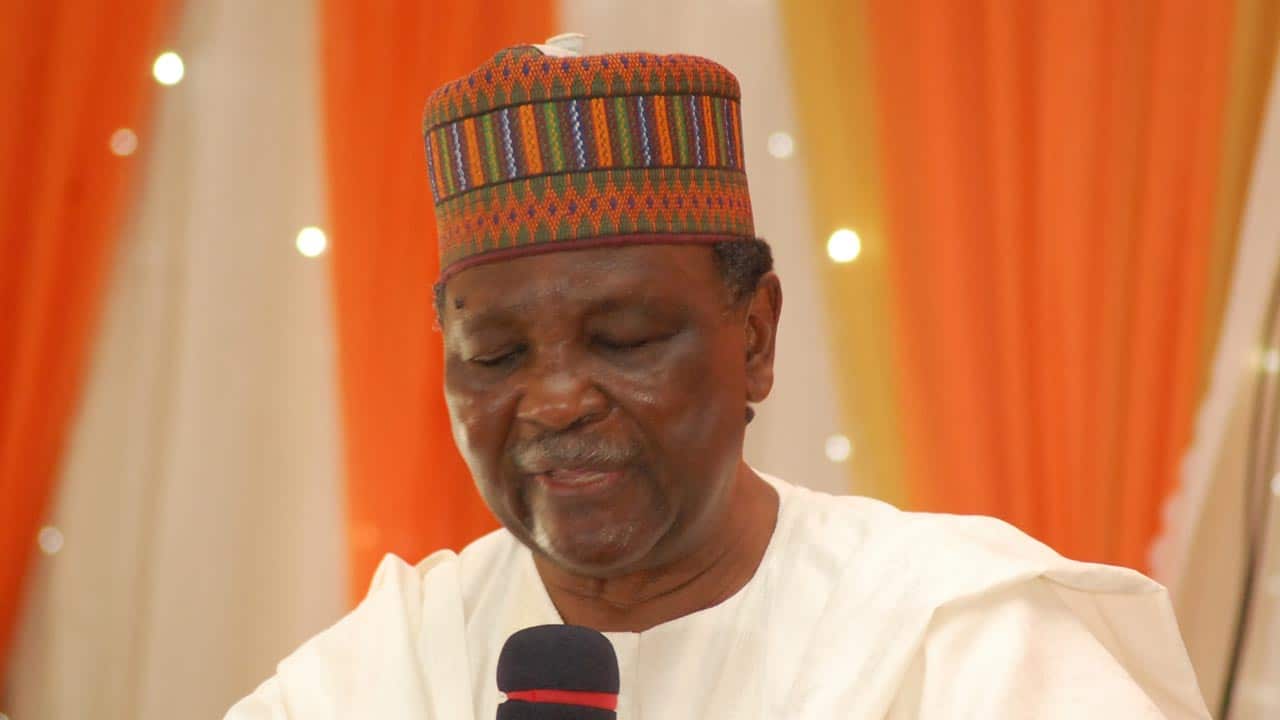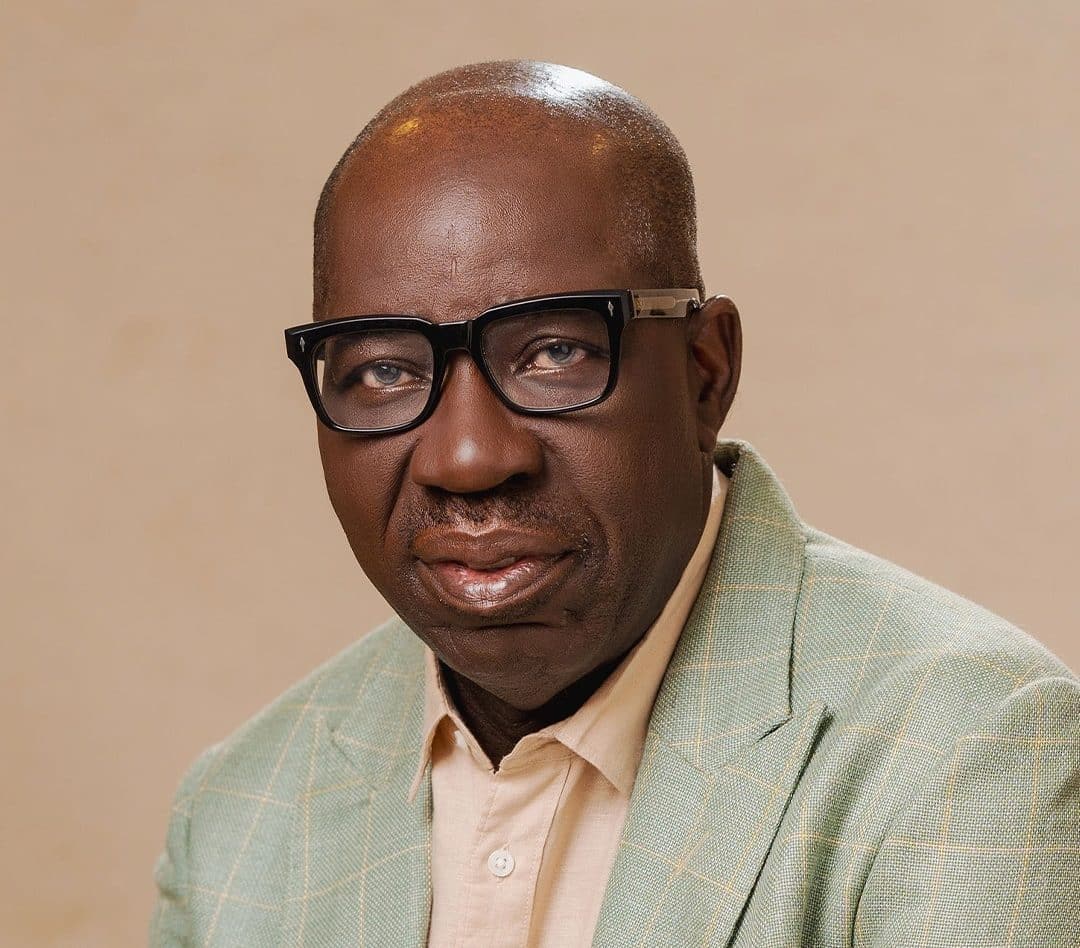ARTICLE AD
Claim
A former governor of Anambra State and 2023 presidential candidate of the Labour Party, Peter Obi, has said with 38 million people on the verge of extreme hunger, Nigeria has become the poverty capital of the world.
Speaking during an interview on News Central TV last Wednesday, he said, “From all records, Nigeria has 38 million people on the verge of extreme hunger; we are the poverty capital of the world. The two most critical areas that are causing us the crisis are human insecurity and food insecurity.”
Findings
Peter Obi is a prominent politician seen as an informed thought leader by a sizable population of Nigerian youths. As of Friday, his interview with News Central TV has garnered over 100,000 views on the television’s YouTube channel alone and has been reposted by several other news media on social media.
The United Nations defines extreme poverty as a condition characterised by severe deprivation of basic human needs, including food, safe drinking water, sanitation facilities, health, shelter, education, and information. According to the World Bank, extreme poverty is measured as the number of people living on less than $1.90 per day.
The World Poverty Clock is an online tool that monitors progress against poverty and provides real-time poverty data across countries. It is an initiative of the World Data Lab, a data enterprise that produces credible economic estimates.
In 2018, the WPC tagged Nigeria as the poverty capital of the world as about 87 million Nigerians fell into extreme poverty that year following shocks from the COVID-19 pandemic.
However, in 2022, India overtook Nigeria as the poverty capital of the world. India had 83 million, representing six per cent of the country’s 1.3 billion population. That year, the WPC said the number of extremely poor Nigerians had reduced to 70 million.
In June 2023, the WPC reported that Nigeria’s extremely poor had risen to 71 million. But the National Bureau of Statistics classified 133 million Nigerians as multidimensionally poor, while the United Nations World Food Programme stated that a total of 24.8 million people or one out of eight Nigerians, experienced acute hunger.
In 2024, the WPC reported that about 70,834,207 out of a population of 225,731,260 Nigerians were battling extreme poverty. However, Nigeria is not among the top 10 countries with the highest poverty rate according to the 2024 ratings of the World Population Review.
The countries with the highest poverty rate are South Sudan (82.3%), Equatorial Guinea (76.8 per cent), Madagascar (70.7 per cent), Central African Republic (68.8 per cent), Burundi (64.9 per cent), DR Congo (63.9 per cent), Guatemala (59.3 per cent), Eswatini (58.9 per cent), Haiti (58.5 per cent), and Sierra Leone (56.8 per cent).
Similarly, in April 2024, Concern Worldwide, an Irish charity backed by USAID, UKAID, and Irish Aid, published a report listing the world’s 10 poorest countries using the United Nations 2023 Human Development Index benchmark. Nigeria was not on the list, which included Somalia (1st), South Sudan (2nd), Central African Republic (3rd), Niger (4th), Chad (5th), Mali (6th), Burundi (7th), Yemen (8th), Burkina Faso (9th), and Sierra Leone (10th).
Meanwhile, the 2024 Global Report on Food Crises, published recently by the Food Security Information Network and put together by 16 partners, including the European Union, the International Food Policy Research Institute, the Food and Agriculture Organization of the United Nations, the Global Food Security Cluster, and the Integrated Food Security Phase Classification, among others, revealed that 24.9 million people battle acute hunger in Nigeria. The country ranks second among the 59 countries listed, coming behind only the Democratic Republic of Congo, which has 25.8 million food-insecure people.
A policy analyst and Professor of Development Economics at Ekiti State University, Taiwo Owoeye, said recent research and ratings show that Nigeria is no longer the world poverty capital.
He said, “Though Nigeria has a worrisome rate of poverty, it is not the highest in the world. So how can the country be the poverty capital of the globe when there are still countries that are more afflicted with extreme poverty?”
Verdict: Obi’s claim is false

 2 months ago
18
2 months ago
18 

